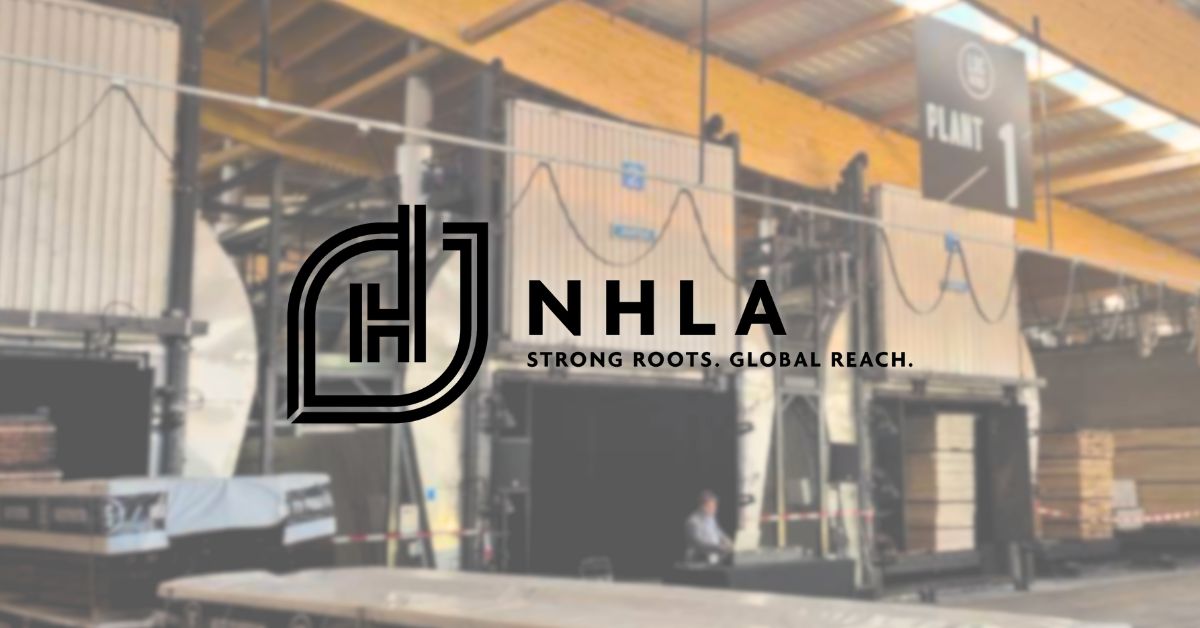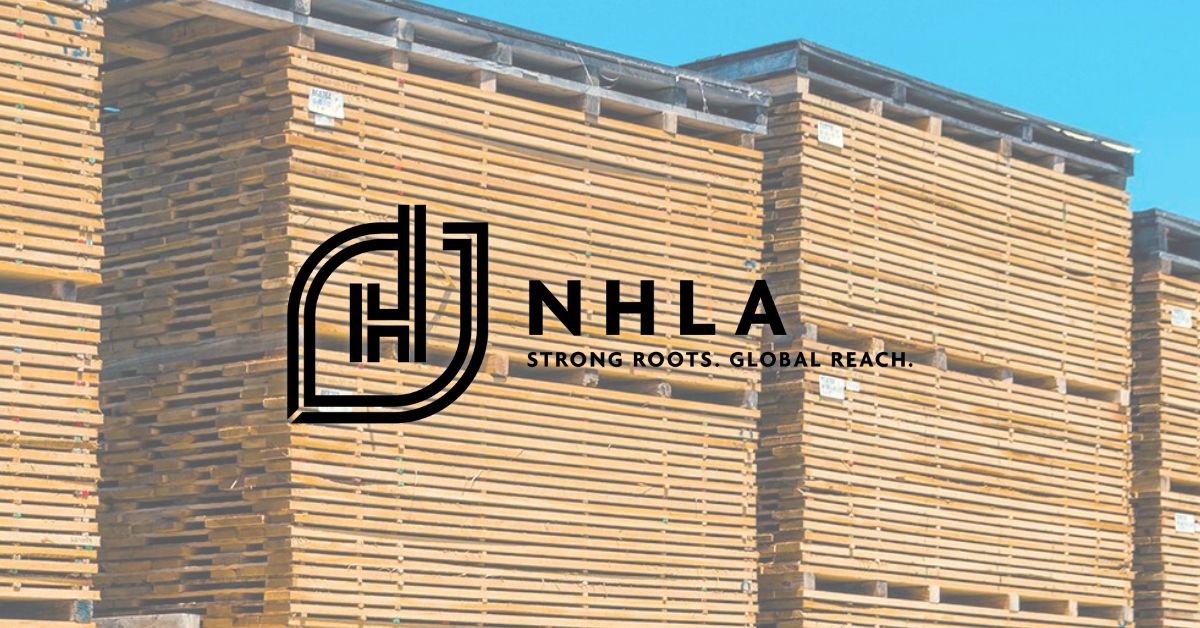ADVOCACY 101:The Best Defense Is a Good Offense
When it comes to advocacy, the best defense is a good offense. This isn’t about being combative or striking first; it’s about proactively building relationships with elected officials. The goal is to engage them regularly, so they understand your business, don’t impose harmful policies, and ultimately see you as a trusted industry resource when they need insight or guidance. This is easier said than done and certainly cannot be treated as a quick fix. But with time and patience, it can pay dividends for your operation in the long run.
Many membership organizations employ a dedicated individual or team to manage advocacy efforts because it’s one of the most significant values an association can offer its members. These professionals work full-time on your behalf, so you can stay focused on running your business. Their role is critical: they provide policy expertise, draft legislative or regulatory language, follow up with officials, monitor government activity, and guide the association’s objectives.
Association advocacy is a powerful part of your offensive strategy, but it can’t carry the whole game. Think of it like baseball: you might have the best closer in the league, but if your team doesn’t score runs in the first eight innings, even the strongest closer can’t win it alone. Advocacy works best when it’s backed by steady, proactive engagement throughout the game, not just a final push in the ninth inning.
Similarly, associations need designated hitters to be effective. Elected officials are most interested in pleasing individuals and business owners in a voting district. Your association’s advocacy team does not vote in every district that affects your business, but you do. Your township trustee, county engineer, state senator, and member of Congress care about your vote. That means they’re far more likely to take action based on your personal story than any amount of data, studies, or maps an association presents.
To be successful, advocacy efforts must include personal relationships with elected officials at all levels of government. This means going to them, attending fly-ins, legislative receptions, council meetings, and inviting them to come to you for a site visit. It may seem daunting, but every relationship starts with a single conversation.
One common issue for loggers and sawmills in Ohio is weight limits on local roads. Local officials often do not understand that timber is agriculture and cannot be treated like oil and gas or mining minerals. This misunderstanding makes road bonding a good place to begin the conversation. Local governments would not ask a livestock truck, grain hauler, or hay wagon to bond a road, and they cannot require it for a log truck either.
However, local authorities are permitted to require annual written permits and charge fees for heavy hauling on posted local roads (Ohio Revised Code 4513.34). Governments have imposed different permit fee rates in some counties based on the material being hauled. Unfortunately, the only recourse in these cases is to either pay the fee or file a legal challenge if you believe the fee is being applied unequally. No state law or entity can override a local government’s authority due to Ohio’s “home rule” provision (Article XVIII, Section 3 of the Ohio Constitution).
Litigation is expensive in terms of both time and money. The best way to avoid those costs is by building strong personal relationships and resolving issues outside the courtroom. Always approach conversations with officials diplomatically, cautiously, and armed with facts. Your relationships with elected officials, especially at the local level, can significantly affect your bottom line, for better or worse.
You know what’s best for your business and how to navigate challenges. But by working together—through personal engagement with elected officials and strategic advocacy—we can shape a regulatory environment that supports the forest products industry at the local, state, and national levels.
By JENNA REESE, Executive Director of the Ohio Forestry Association
Share:
Related News & Blog

August 1, 2025

August 1, 2025
Questions?
Have questions or need any assistance regarding the NHLA Annual Convention & Exhibit Showcase?
